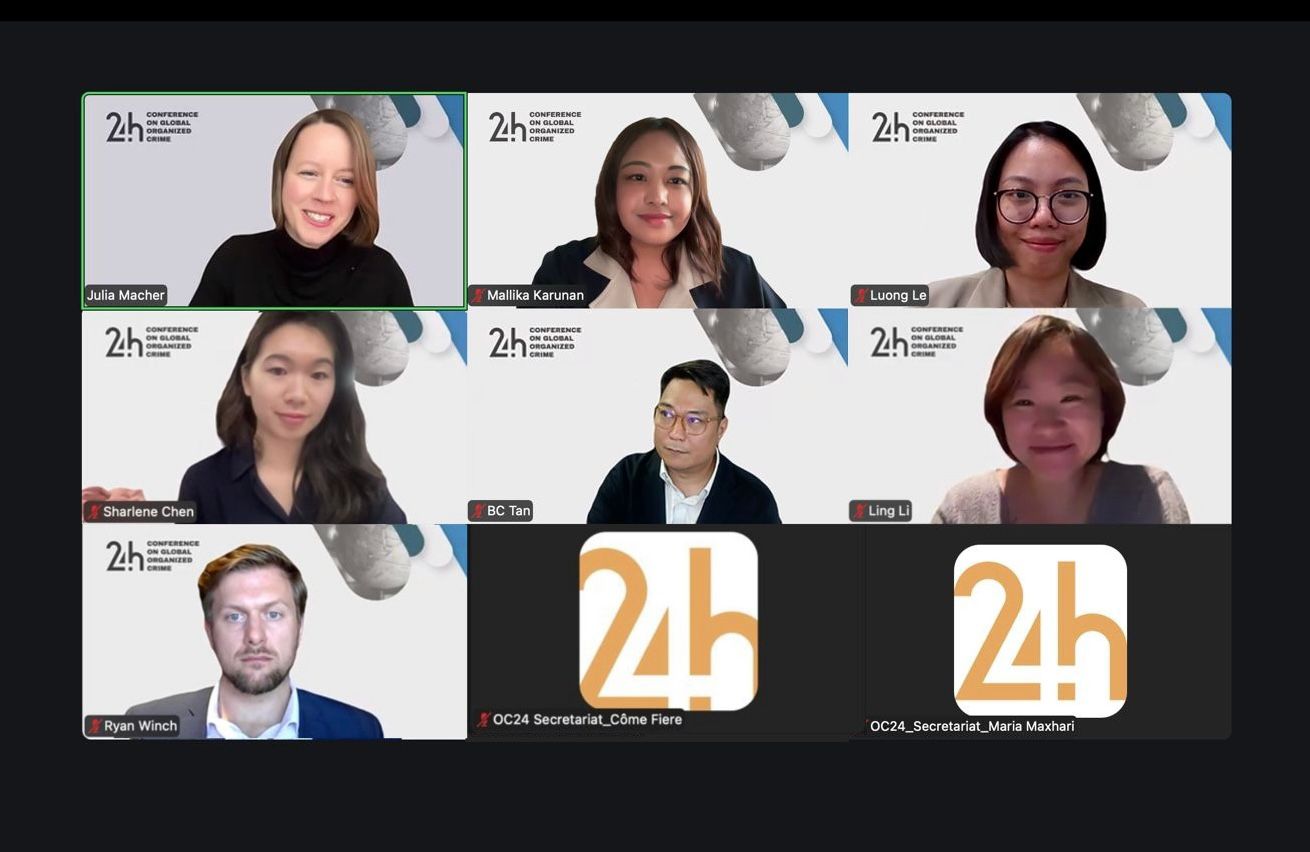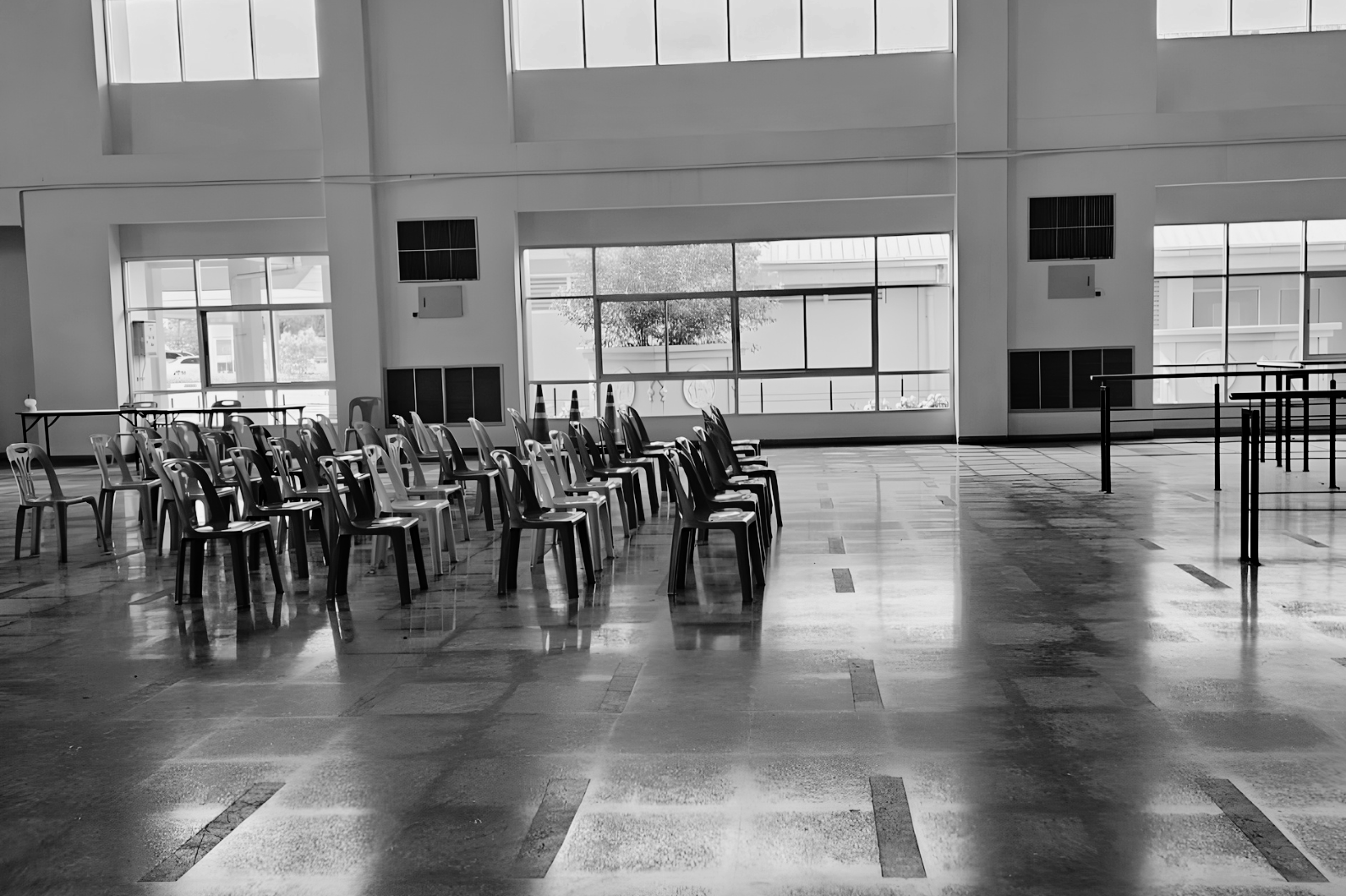Anti-trafficking practitioners from across East Africa came together last week to discuss survivor outcomes and the persistence of key barriers to progress, building on the findings of our regional routes mapping report. The exchange, between members of the East and Horn of Africa Anti-Trafficking (EHAAT) Network, underscored how poverty and a lack of accessible legal aid combine to drive high rates of re-trafficking across the region, and how addressing these challenges requires both systemic reform and practical support at the community level.
When Survival Leads Back to Exploitation
Participants described how survivors from countries including Djibouti, Ethiopia, Kenya, Somalia, South Sudan, and Uganda often return home with no income, no job, and no means to support themselves or their families. Under these conditions, many take the same risks again in their search for employment, even when they know the dangers. Some believe that, having been exploited once, they understand how to “beat the system”, only to be deceived again. Others are influenced by recruiters who promise better conditions or by peers who appear to have migrated successfully. Nearly 40 per cent of documented cases involved survivors who had already been trafficked before, with younger boys in particular among the most vulnerable. Practitioners emphasized that this cycle is not a matter of choice but of desperation – with no viable alternatives, many survivors return to the very pathways that previously led to exploitation.
Compensation, which could help offset poverty and reduce re-trafficking risks, is almost entirely absent. Of the 13 cases that recorded compensation of any kind, survivors had legal support in every instance, yet just eight per cent of all documented cases involved legal aid. Without lawyers to guide survivors through complex and costly procedures, most never reach the point at which restitution is possible, and this lack of access to justice leaves them without redress and trapped in cycles of economic vulnerability. Practitioners noted that, while compensation does not erase the harm of trafficking, it can provide survivors with resources to rebuild their lives, pay for education or livelihood opportunities, and resist the economic pressures that often push them back into risky situations.
Across the region, practitioners detailed why legal aid remains so limited. In Kenya, a Victim Assistance Trust Fund exists but has not been fully operationalized, leaving survivors without consistent support. NGOs rely heavily on pro bono lawyers who often lack training in trafficking law; when organizations do employ in-house lawyers, they are typically a team of one. Other colleagues cannot provide legal backup, while peers in the legal community rarely understand the complexities of trafficking cases. This isolation makes case follow-up difficult and weakens survivor protection.
Uganda faces similar challenges, with a very small pool of lawyers available to support survivors, almost no expertise in civil litigation for trafficking cases, and limited awareness of trafficking within the judiciary. This means survivors who try to pursue justice often encounter procedural delays, dismissals, or rulings that fail to recognize the realities of trafficking. In Ethiopia, insecurity makes it difficult to pursue cases once survivors return to their villages, while the fact that traffickers are often family members discourages victims from seeking justice at all. Practitioners described how survivors in these situations face impossible choices: either remain silent and unprotected, or risk exposing relatives and alienating their communities. In Somalia, survivors face a legal framework that exists on paper but is weakly enforced. Pro bono services are scarce, particularly outside urban centers, and survivors often fear engaging with courts. Even where laws exist, they provide little protection without enforcement.
Building Pathways to Justice
The discussion reinforced what the dataset had already shown: survivors are being re-trafficked not simply because reintegration has failed, but because they return to poverty with no compensation and no functioning legal support. By sharing these on-the-ground realities, EHAAT members are moving the conversation beyond documenting outcomes to identifying concrete entry points for change. Expanding access to legal aid, operationalizing compensation mechanisms, and building stronger networks of trafficking-trained lawyers were highlighted as urgent priorities for improving survivor protection and breaking the cycle of exploitation.
.png)


